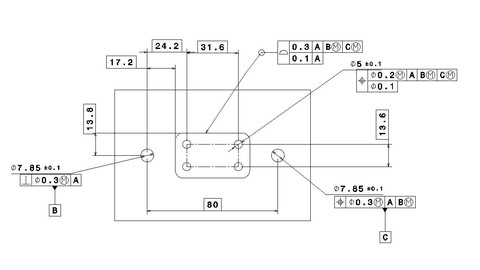The Economic Way of Thinking
Loại khoá học: Social Science
A university/college level course in economics
Mô tả
Economics is about choices and trade-offs in a world of scarcity. This course will help you understand the economic way of thinking at a deep level, with an emphasis on human action and choice and with an ethical underpinning. The mainstream view will be challenged through the lens of Austrian and Public Choice economic theories.
An economic decision is any choice that involves perceived costs and benefits of any kind (not only of the financial kind) which may accrue to ourselves or to others. As such we are all economic actors and must make economic choices on a daily basis. As ethically aware people, we must examine our choices carefully, in line with our guiding values. As economists, we must examine the secondary and unintended consequences of any action, not just good intentions.
The course is suitable for students wanting to progress in economics, or for anybody who wants to understand the economic way of thinking, for use in private and professional life.
This series is produced especially for video, and consists of 12 sessions, each divided into between 4 to 8 modules. The course was developed for use in a first year, one semester principles of economics unit. The companion text book is Heyne, Boettke and Prychitko (2014) The Economic Way of Thinking 13e, published by Pearson Education. The text is not essential but is a useful resource.
Some recent student feedback:
"One of the best course I have enrolled in. The instructor is very knowledgeable and is exceptional in portraying a clear picture of the philosophy behind economic theory, that too in a clear and concise way. Money well spent."
"This is such a great course! It's intellectually stimulating and engaging. It includes multiple links to outside resources. Overall, it's a great value if you are interested in acquiring a solid understanding of economics. Thank you!"
Bạn sẽ học được gì
Understand the economic way of thinking
Progress to higher level study of economics
Understand concepts such as marginal benefits and costs, and how markets and government work
Critically analyse and create economic policy
Develop insights into key economic debates, including Austrian and Public Choice criticism of mainstream economics
Understand the moral and ethical component of economic decision making
Yêu cầu
- You need to be able to devote time to study economics - about 12 hours of lectures plus supplementary reading and external video links
- You need an inquisitive nature and the ability to examine logical arguments; don't expect lists of definitions
Nội dung khoá học
Viết Bình Luận
Khoá học liên quan

Đăng ký get khoá học Udemy - Unica - Gitiho giá chỉ 50k!
Get khoá học giá rẻ ngay trước khi bị fix.


















Đánh giá của học viên
Bình luận khách hàng